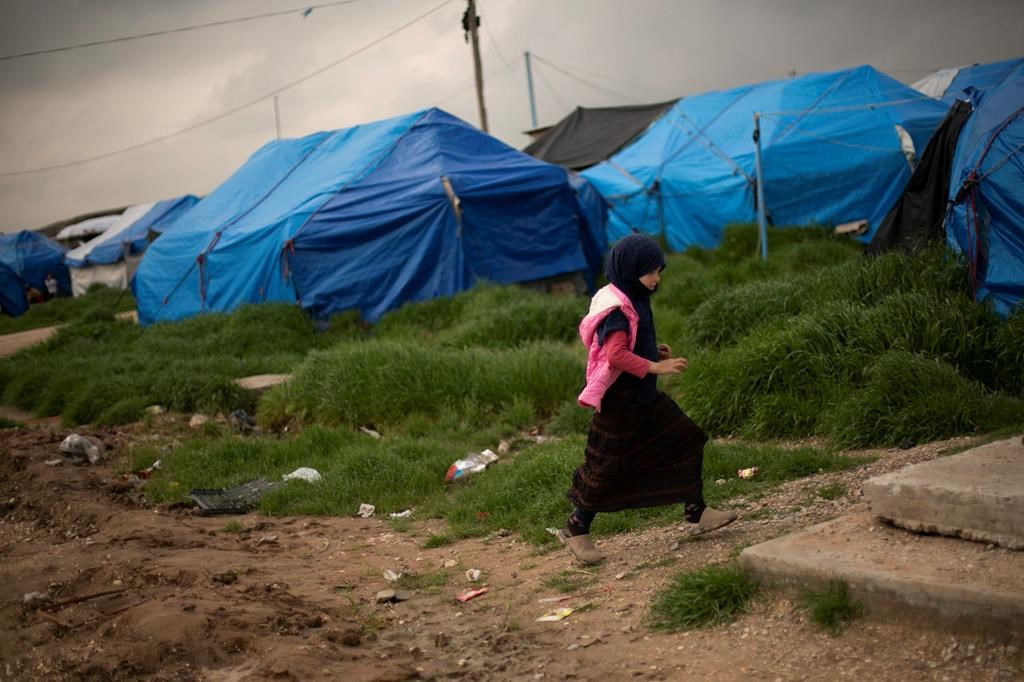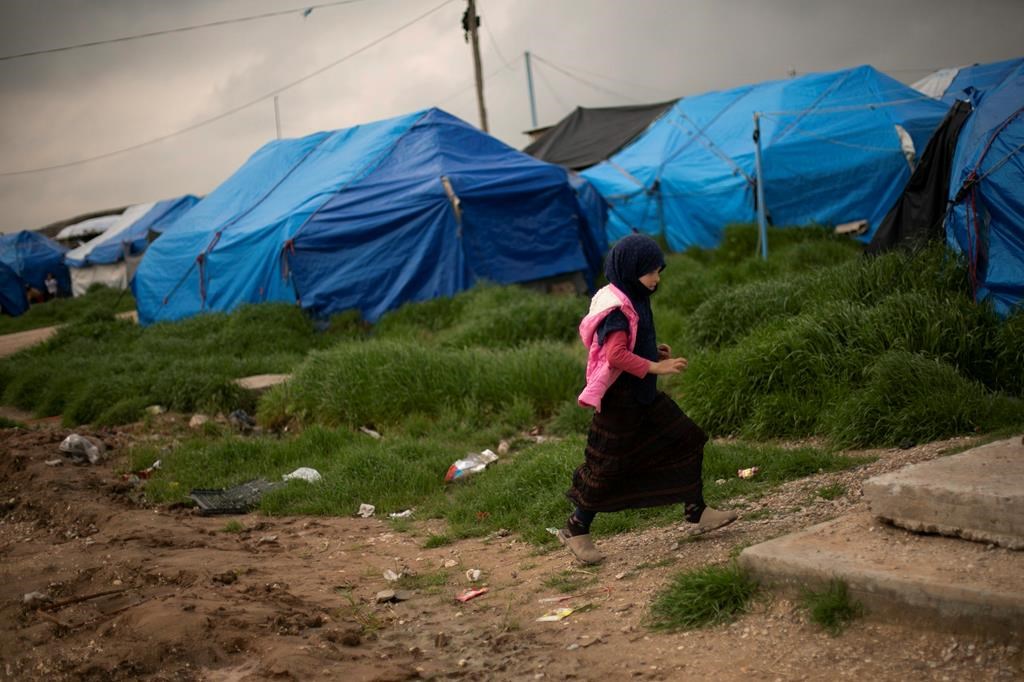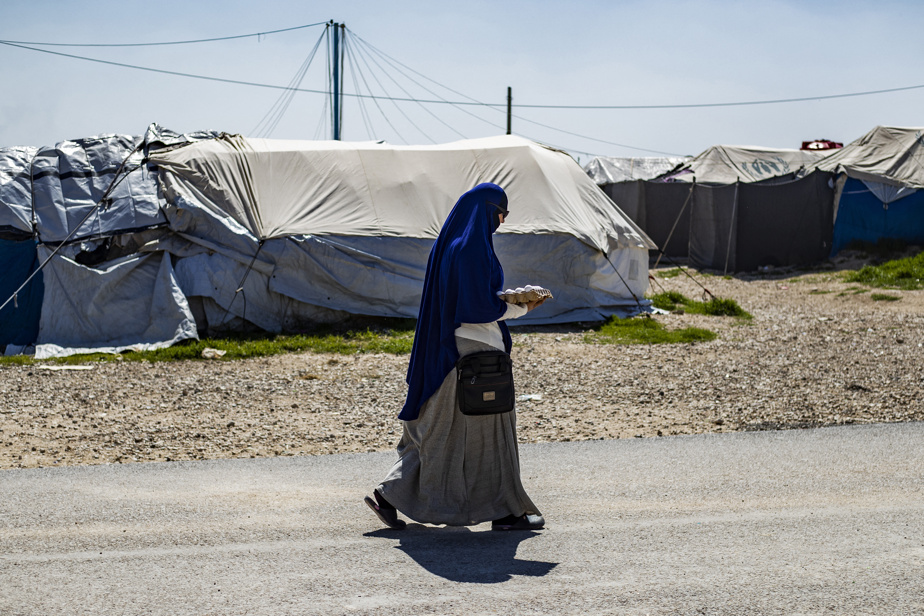Are you looking for quotes in French about people who don't care about you?
Enjoy the good times and the little things with the people you care about. Discover the 43 best quotes in French by reading the paragraphs below.
Quotes about people making fun of you
Quotes about people who don't care about you. On the website unebellecitation.com or on Quotes & Proverbs you can find sayings, wishes or anything related to quotes about people who don't care about you. Forget the beautiful sentences of Seneca, Frédéric Beigbeder, Michel Audiard or Victor Hugo and dare to tweet a quote to take your haters to task. Whether they've been enemies for years or just a few weeks, use the quotes from the list below to avoid wishing good day to people who don't care about you.
1. You don't need a plan. Sometimes you just have to breathe, trust, let go and see what happens.

2. Sometimes you just have to let go. You have to shut down all your emotions and feelings to protect yourself from pain.
3. Live your life the way you want and don't care what others think. Know that you should be in control of your life, not her.
4. Sometimes the only choice is to stop caring about others. Make peace and move forward no matter how painful it is because there is no reason to stay anymore.
5. This little sentence is meant to say that hypocrites have to maintain an image. Self-confident people don't care.
See also: Quotes About Friends Changing: Friends From Before


6. I don't care if anyone thinks I'm wrong. I wasn't born to prove myself to useless people.
7. I know you want me to share your feelings, but right now I don't care. You treated me like a poor stray dog for months and now you want me to take you back?
8. The only way to free yourself is to stop worrying about the opinions of the people around you.
9. If you're really comfortable in your own skin, not everyone will like you, but you won't mind at all.
10. I don't care if you never speak to me again, as long as you remember me for the rest of your life.


11. I don't worry about the consequences of doing something my heart wants me to do.
12. The saddest people are those who listen to slander. Learn to stop worrying about your neighborhood and, even better, all of France.
13. Avoid being nice to everyone, otherwise you will lose yourself. Don't worry about people who hate you.
14. If you want to live, stop asking for permission now. Do it now and regret it later.
15. Don't worry about the destination. Just keep moving towards your goals.


16. You should avoid worrying about your past. Some things are better left aside.
17. I cared about you when you pretended, and now that you do, I don't anymore. Never again. Never again.
18. When you stop caring, they want to start caring about you. If it makes you happy, then do it.
19. When you meet the perfect partner, don't be a fool. Don't worry about the world and keep it for life.
20. I wish people would appreciate what they have right now and not wait until the person they took for granted is no longer interested in them.


21. I am unable to care for people who are unable to care for those around them.
22. I don't care about age because it's stupid. Some adults tend to behave like children, and there are children who are smarter than adults.
23. I own my business, so stop. Don't worry about what I do, what I wear, and what I drink, because I certainly don't care about you.
24. I may have strong feelings for you, but it's not what you think. It's just that my feelings for you are really dead.
25. I can't be bothered by something so disgusting. You're far from my style.


26. Never be ashamed of who you are. Whatever you do, they will judge you.
27. I have a big heart. She simply refuses to fight for those she doesn't care about.
28. Don't worry about your appearance. Cupid knows what he is doing, you will always be pretty to the one who loves you.
29. This may concern you, but I can't stand you. You're not one of the dreams that keeps me going.
30. Your uniqueness is your own business. Avoid getting into a box. Anyone can enter a box, but getting out is more complicated.


31. When you're really comfortable in your own skin, you won't please everyone, but you don't give a damn.
32. Sometimes in life it is very important to stop worrying about problems and move on. Believe me, it feels good.
33. If one day you realize that we haven't spoken in a while. Go on living your life and pretend I don't exist.
34. I don't like ghosts like you because you broke my heart.
35. When you're with the right person, you smile and ignore the world. You don't fall into madness, you learn to love life.


36. Don't be mad because I don't care. You can be angry because I have been angry more than once.
37. My phone doesn't ring, I don't get any messages, even if I want to. I do not care.
38. Sometimes you have to let people down. Not because you don't care, but because they don't care.
39. I am not here to please anyone other than myself. So send all your complaints and address them I don't care.
40. Love your own company and forget the world. It's the best feeling ever.


41. I don't care about your opinion because you are not the person who can understand my dreams.
42. I don't care about your opinion because I know I'm great.
43. I don't care if I fail a thousand times. I will still get up and chase my dreams.
The last word
If you are looking for quotes about people who don't care about you, don't hesitate to take a look at this article. These types of texts are short and simple enough for your enemies to understand how much you hate them.























